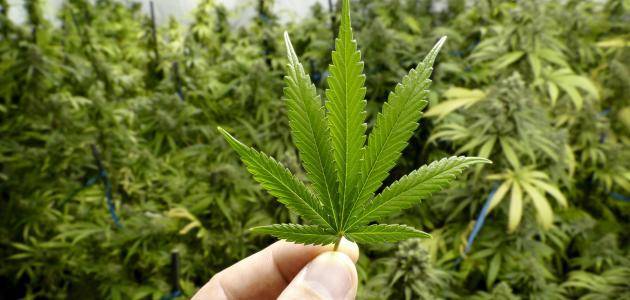Marijuana enthusiasts often promote cannabis as a treatment for a variety of medical conditions such as nausea, insomnia, and severe migraines.
In fact, many people suffering from painful migraines have turned to smoking marijuana for relief in recent years. A new study found that using marijuana to treat migraines may actually have an opposite effect, potentially causing what is known as rebound headache. It's worth noting that the term "rebound headache" refers to headaches resulting from the overuse of medications, which patients experience when using too many painkillers while trying to treat their headaches. Ironically, when this occurs, the medication tends to intensify the very symptoms rather than alleviating them as expected. The study’s lead author, Professor Neushin Zhang from Stanford University School of Medicine, stated in a press release from the American Academy of Neurology: “We found that people who used marijuana had a significantly increased likelihood of developing medication overuse headache or rebound headache compared to those who did not use cannabis at all.”
The researchers examined 368 individuals suffering from chronic migraines, among whom 150 used marijuana for pain relief, while 218 did not. Over the course of more than a year, the study authors noted which participants experienced rebound headaches, and monitored other factors including the frequency of migraine attacks, other medications participants were using or overusing, and the average duration of migraines experienced by the patients. The researchers reported that 212 of the volunteers experienced rebound headaches, and it is noteworthy that they found those who used marijuana were six times more likely to develop rebound headaches compared to those who did not use cannabis. This study is set to be presented at the 73rd Annual Meeting of the American Academy of Neurology.




